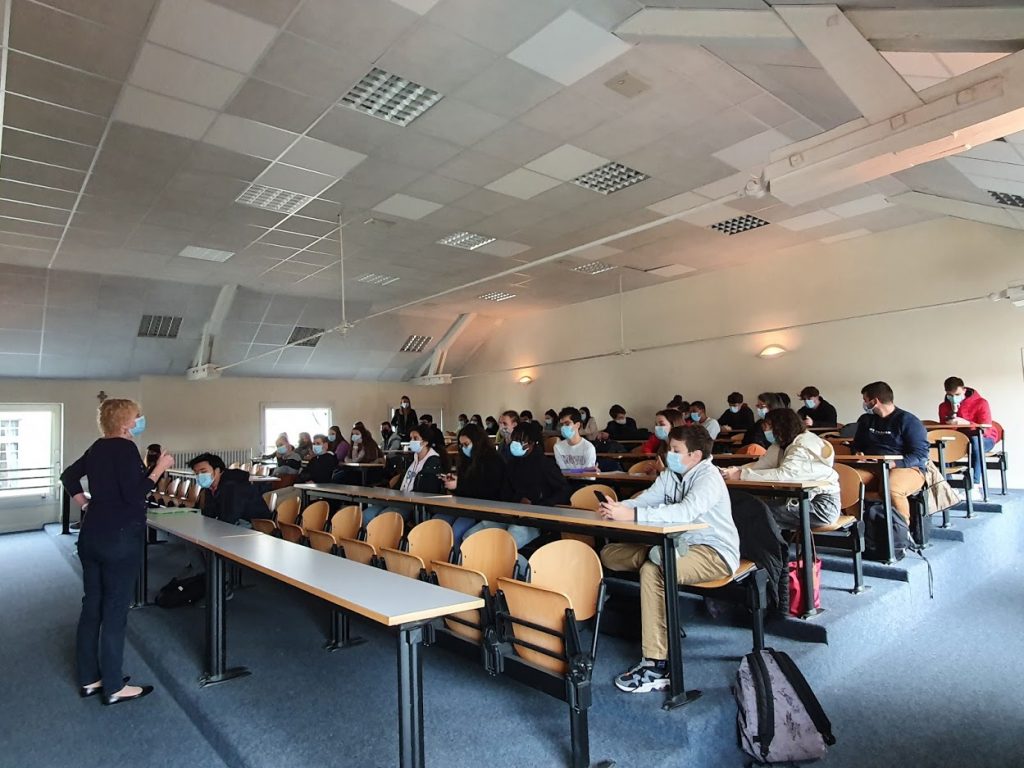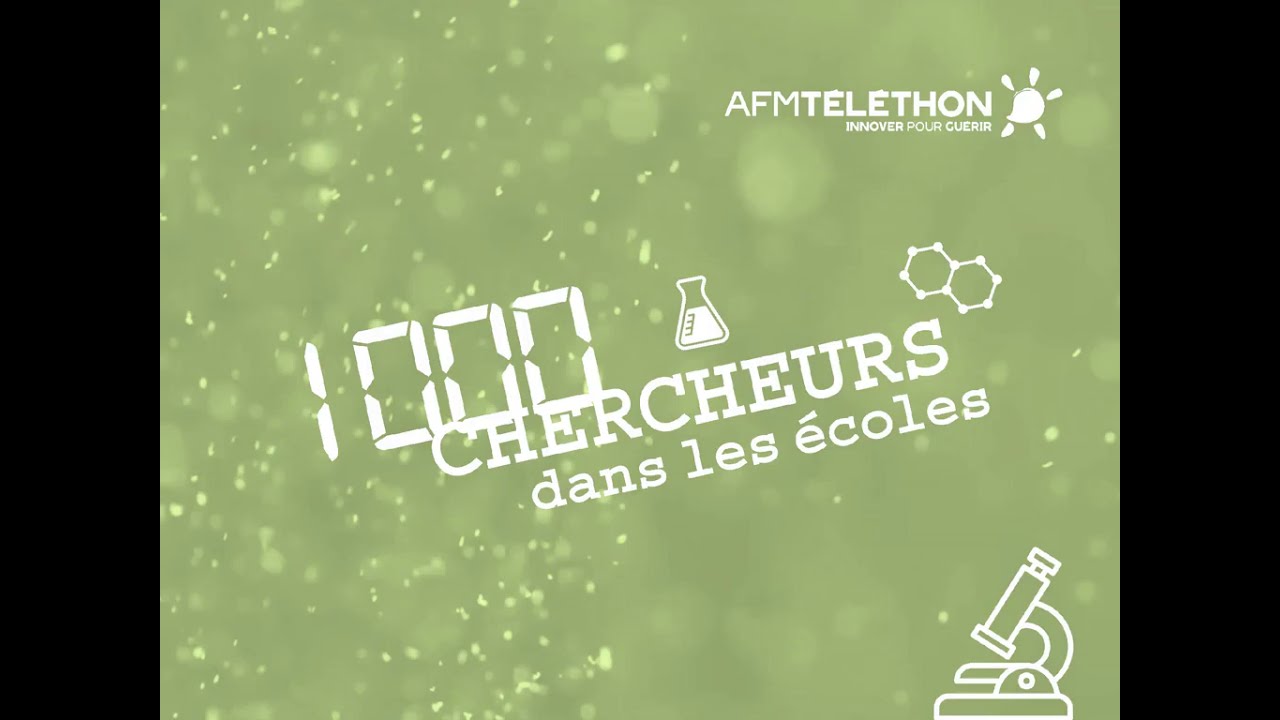A few days before the Telethon, Nadine DRAGIN, a researcher at the Myology Research Centre, meets our students in videoconference. Students in "Spé SVT" and STL Biotech participate in the conference and ask their questions. In 2019, Xavier NISSAN came to talk about his job and his research.
Introducing his work
At first, Ms. DRAGIN introduces herself and talks about her work. The object of his research work is Myasthenia. It is a neuromuscular autoimmune disease. In other words, this chronic disease is linked to a defect in transmission between the nerve and the muscle. Therefore, the researcher must identify therapeutic targets. That is what she explains in her presentation.
Similarly, she insists on the advantage of her profession: intellectual freedom. Therefore, "no one can answer qu[ses]estions. It must be creative and imaginative."

Researcher: teamwork
Researcher is not a solitary profession. As a result, he or she is required to work as part of a large team. Firstly patients, parents of patients (the Telethon is an association of parents) but also of course doctors, technicians, lawyers (depending on the country the law is not the same and this can have implications for research). Similarly, it takes people who know how to manage budgets ("research is expensive"), computer scientists (to develop tools to, for example, read DNA structures quickly), salespeople and communicators to make the work done grow, explain and make simple the work done, etc. Thus, within a team, there is room for everyone from the Bac to Bac-18.
She adds: "The one with the best salary is not necessarily the one who is the most educated, he is the one with rare expertise"; this one, "no one wants to lose it."
Nobel Prize in Chemistry 2020: a great first
During her lecture, DRS. DRAGIN discusses the work of the two researchers who won the Nobel Prize in Chemistry this year. This all-female duo (Emmanuelle Charpentier and Jennifer A. Doudna) has succeeded in developing chemical scissors "that will repair that the error of the gene". This makes it possible to repair a specific error from birth. All while observing the bacteria and microorganisms that constantly scan their DNA. She also stresses the importance of the endorsement of ethics committees to advance this work in humans.
Our students were particularly attentive and interested. Thank you Mrs DRAGIN.
